AI Addiction in 2025: Understanding the Rise of Character AI Dependency
The emergence of AI companions has raised new issues for concern in the year 2025. AI addiction, identified by over-reliance on chatbots and virtual aides fueled by AI, depicts a compulsive dependence on chatbots and virtual assistants which leads users to worsening mental health and wellbeing. As we move deeper into the automation age, understanding dependencies and character ai addictions becomes critical. The present article captured all attempts to incorporate latest research and experts’ opinions to understand the mechanisms, advantages, concerns, predictions, ethics, and implications of AI addiction.
AI Addiction Defined
Emotional disorders accompanied by life challenges are best handled using character emulations and conversational interfaces nowadays. The phenomena of AI addiction that cripples social productivity is defined as the compulsive urge to utilize these technologies maself when minimized to sociocultural health dimensions. MIT Technology reports suggest that users of character AI spend averagely over two hours daily with these so-called companions, surpassing time people spend on chatGPT recently. Fortnite and TikTok-like targeted AI systems, accompanied by great emotional validation AI systems, construct engaging content, driving children and youths, now the majority of sufferers.
Sustaining Attention with AI Companions
AI companions are built to be accessible 24/7 without any kind of discrimination. As a result, they provide personalized emotional support tailored for each person which is addictive through the interface of c.ai. For example, Character AI processes 20,000 queries per second. This is mainly driven by Gen Z users. At an individual level, social bonds, which can be fictitious, create a honed dependency where the user is reliant on AI technology for interaction. This impacts the user socially by escalalating social skills paralysis.

Underlying Factors of AI Addiction
In 2025, a study called “Is ChatGPT Addictive”? was published by Springer. The study analyzed primary mechanisms of AI addiction which I will discuss below.
Self Specificity
The technology guarantees a respectful space that elevates the self-image of the respondent significantly, thus engaging positively via prolonged interaction using the system.
Pseudosocial Bonds
The attachment is largely conditioned along emotional segments that mark a virtual bond with pseudo human characteristics as substitutes for real relationships in human interactions.
Productivity Boost
In certain cases, such as writing, performing tasks at an accelerated rate of 40% increases productivity. However, there is the risk of over reliance where critical thinking skills will be diminished and lost completely.
Instant Gratification
Given the nature of responses, instant reply boosts compulsive usage reinforcing validation.
Such mechanisms combined with socially addictive behaviors such as life, day, and activities conflict tolerance raise concerns regarding AI Chatbot Addiction.
The Benefits of AI in Addiction Therapy
Dedicative and behavioral challenging difficulties tasks, stems where AI can be most applicable, especially these days. Like we stated earlier in Behavioral Health News, AI is able to:
Self-reported Medical History
Revise plans based on medical history alongside behavior and hereditary factors.
Predict Relapse
Provide alerts based on monitored lifestyle as well as social media usage for the possibility of relapse.
Relapse Therapy Derivatives
Chatbot therapy provides real-time help and alleviates understaffing issues around-the-clock.
Monitor Addiction Progression
Recognition of custom-defined patterns and results linked to them.
In real life this could be devices that monitor stress and also brain-computer interfaces overseeing and interpreting actions linked to addictions. There are roughly 21 million Americans battling substances disorders undergoing treatment and a 40-60% relapse rate (Addiction Center), so AI can be of great use in these departments, especially with the shortage of 19,000 addiction experts in the US.
Advantage
:Description
:Example Application
Customized Care:
Use specifics provided to exploit zgiven specifics fo plan customization.
Genetic data guided treatment plans.
Early Diagnosis
Patient engagement tracking
Wearable technology monitoring employee stress levels.
Therapist
Motivational coaching via AI powered chatbots.
AI Assistants offering constant support.
Analytics
Identify progression of user-defined addiction with advanced persistent threat detection.
Estimation of predictive models on probable relapses.
Obstacles and Issues of Ethics
Addiction focus shifts with the use of AI technologies for treatment principles. However, the issue of:
Health information’s geolocation data exposure to AI developers poses of privacy violation.
SILC: GiD Disclosure Privileges agent breaches secrecy promises by analyzing shared confidential data.
Underrepresented groups suffered because the neglecting exclusionary policies resulted which led inequality.
algorithmic prejudice. Equal participation lack recognition from diverse communities.
Lack of Guidelines: Technology Creating Policies – contradicts the primary responsibility AI has in the case of error.
Risks to Mental Health: AI has the potential to widen the social skill gap, leading to an increased deficiency of social skills due to overuse.
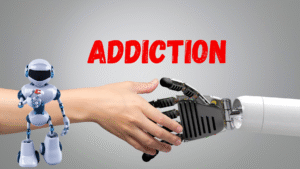
In PMC’s 2024 study Artificial Intelligence in Addiction: Challenges and Opportunities, we are told that AI technologies require massive and varied datasets, but the digitization of records is a slow and labor-intensive step. Although algorithmic bias creates health care inequities, ethnic and sexual minorities face a disproportionate risk. These gaps without ethical considerations lead to problems such as informed consent and the responsibility of proving harm.
Legislative Actions
With the existing gaps in the law some primary legislators are actively trying to resolve issues related to AI, it’s addiction-based implications, and negative mental health effects on targeted groups. Steve Padilla and Megan Garcia from California advocate child protective legislation after the tragic loss of Megan’s son, who died by suicide after allegedly using an AI companion. Their proposed legislation seeks to ban AI companions for users under age 16. New York’s laws on chatbot liability further expand AI regulation and embrace these initiatives which aim to prevent AI addiction and protect mental health MIT Technology Review.
Future Reflection
It’s clear that AI technologies will play a role in addiction in the future. Striking a balance between their inherent risks and promises will require careful consideration. The following policies should be implemented:
- Policies regulating AI applications in the mental health sphere.
- Collection of more comprehensive diverse datasets to reduce bias.
- Conducting large longitudinal studies that track participants over long periods of time to assess the impact of an intervention or a treatment.
- Shoring up healthcare systems, especially in low-income countries.
To prevent chat AI addiction and maximize treatment benefits, ongoing audits of algorithms and public service announcements are essential. As the power of AI technology grows, we expect that interdisciplinary approaches will be necessary to tackle the issue of behavioral addictions to internet-based gaming and gambling.

Specialist Comments
Recently, Dr. Allen Frances, a psychiatrist, expressed worries about the potential risks of AI Therapy Overuse. He claims its convenience may cause an increase in psychotic, suicidal, and violent behaviors, foster an obsession with AI, and diminish human interaction. OpenAI’s Frances Spring CEO also commented on the technology’s “extremely addictive” potential, pointing out that caution is also warranted in his case. These arguments strengthen the need for responsible AI integration, which has never been more critical.
Final Remarks
AI addiction, character.ai addiction and chatbot addiction, phenomena that require an intricate and deft touch. The use of AI presents a paradox—it can enhance productivity and effectiveness in addressing addictions, but its built-in potential for fostering addiction makes it dangerous. Addressing ethical issues, policy development, advocacy at all levels, will enable the use of AI and counter its destructive effects. In the pursuit of a digitally balanced existence, the question of what makes character.AI and like programs addictive needs to be addressed.
Action Step
Analyze AI addiction’s impacts and embrace its uses to maintain a positive relationship with technology in 2025.
Key Citations
- AI companions are the final stage of digital addiction, and lawmakers are taking aim
- Can ChatGPT Be Addictive? A Call to Examine the Shift from Support to Dependence
- How Artificial Intelligence Can Help Combat Addiction
- Artificial Intelligence in Addiction: Challenges and Opportunities
- Addiction Statistics: Prevalence and Impact in the U.S.
- Psychiatrist Warns of AI Therapy Risks and Addiction


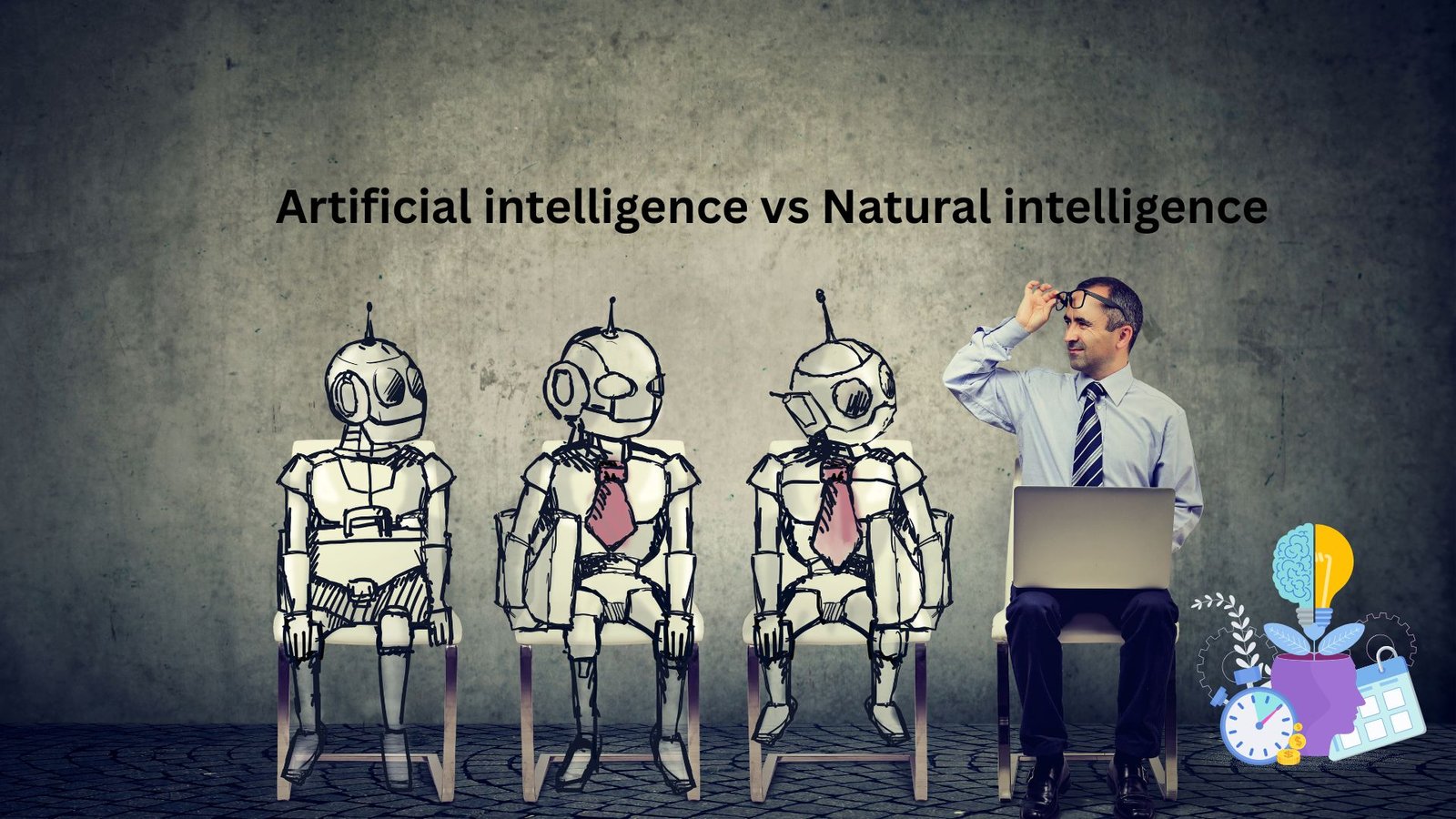
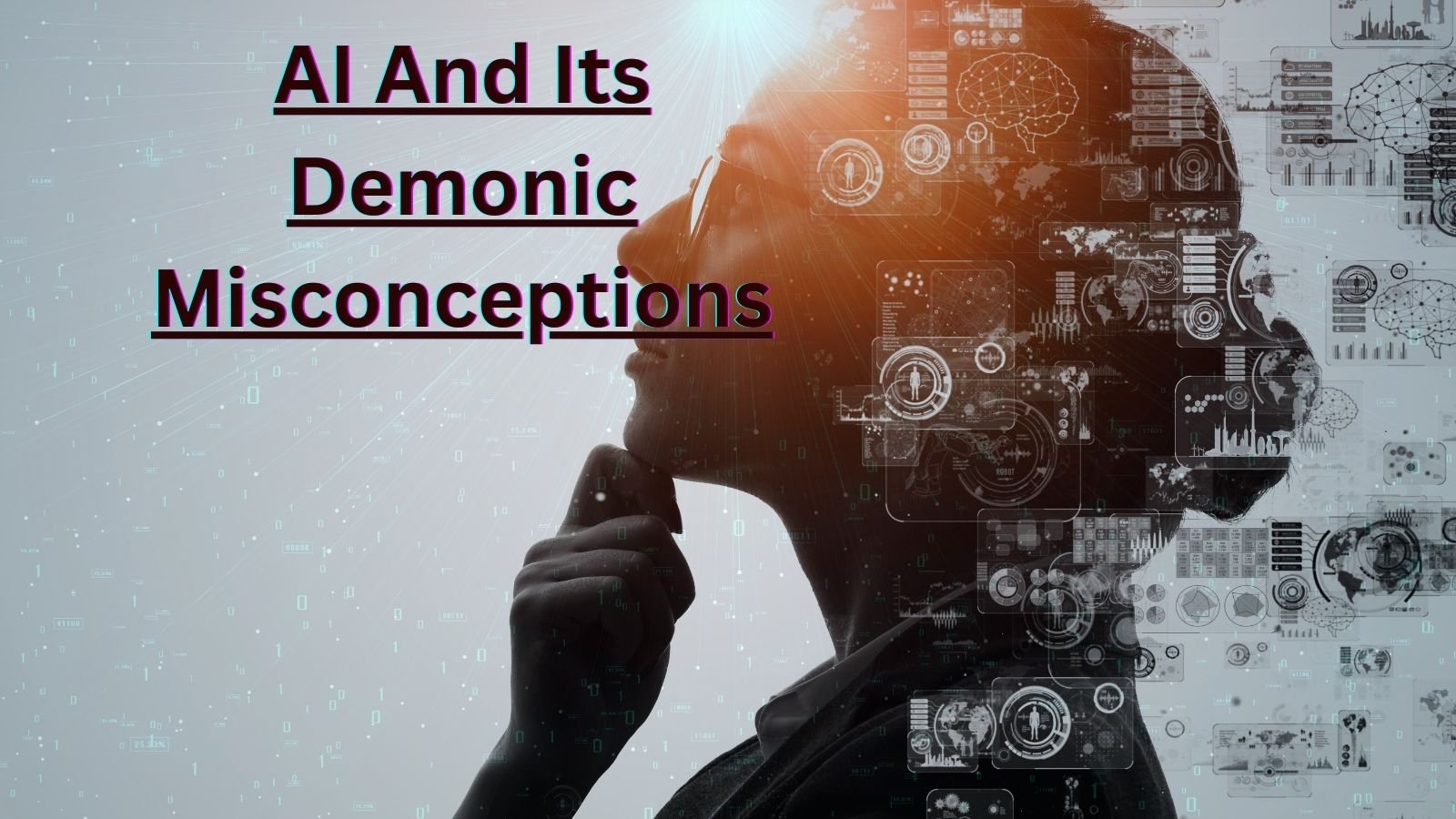



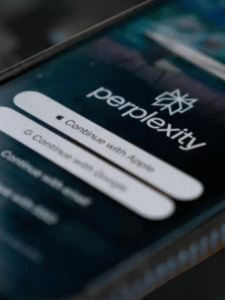





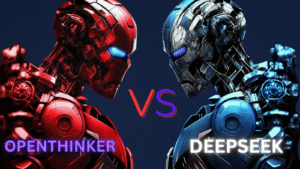
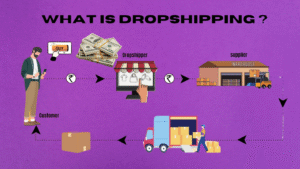

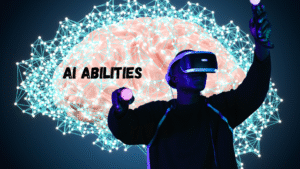
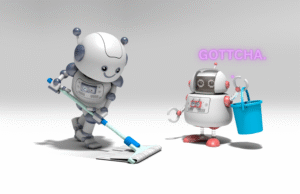

Post Comment